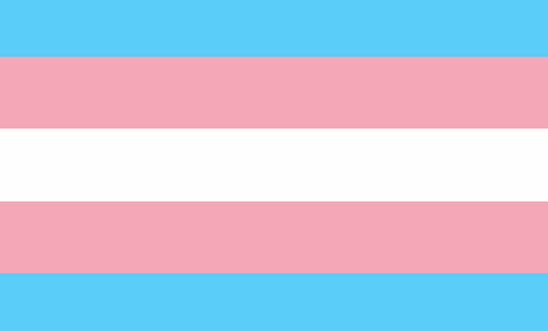
We support reforming the Gender Recognition Act

This is joint statement with Liberty and the British Institute of Human Rights (BIHR) responding to the launch of a government consultation on reforming the Gender Recognition Act:
We are delighted that the Government has finally committed to publishing a consultation on reforming the Gender Recognition Act, announced almost a year ago.
This announcement is long overdue as transphobia, disinformation and prejudice have been spread by a small number of people opposing equality for trans people.
The consultation coincides with the Government’s publication of an LGBT Action Plan 2018, which sets out how the UK aims to tackle the inequalities that discriminate against LGBTI people.
For trans people, having their gender legally recognised is critical for them to be able to live freely, authentically and openly.
The current legislation, which dates from 2004, was a ground-breaking step towards trans equality but is now out of date, and the UK is no longer considered a world leader on LGBTI rights. We’ve slipped from third to fourth in the European LGBTI rights rankings in a year – in part due to a surge in transphobic media coverage.
The current process by which trans people have their gender legally recognised is dehumanising, long and costly. It requires a psychiatric diagnosis, enforcing the idea that being trans means being ill – an attitude reminiscent of times when being gay was considered an illness that could be ‘cured’.
Once a diagnosis is given, a trans person has to demonstrate they have lived in their ‘acquired gender’ for two years, before a panel of medical and legal experts make a decision on whether to legally recognise their gender.
A husband or wife can veto the whole process if they don’t agree with it, and trans people must pay a £140 fee – more expensive than a marriage licence or a passport.
People who identify as non-binary don’t even have the option to embark on this process given that there’s no recognition of non-binary identity.
Our society is more likely to discriminate and even commit violence against trans people. Our health care system makes it more difficult for them to access appropriate support, and our government invades their privacy through unnecessarily cumbersome and dehumanizing processes sanctioned by the current Gender Recognition Act.
We believe that a new system should be based on recognised best practice from Norway, Malta and Ireland: self-determination, including for non-binary people, with no requirement for medical evidence or spousal consent and a lower age requirement of 16.
This May we marked 30 years since the establishment of Section 28 – which banned schools and local councils from “promoting” homosexuality. Thirty years on we have made huge progress in our recognition and respect for LGBTI people. Today we must continue on the right path: reforming the Gender Recognition Act is vital for trans equality and an opportunity for the UK to again lead the pack in embracing our LGBTI community.